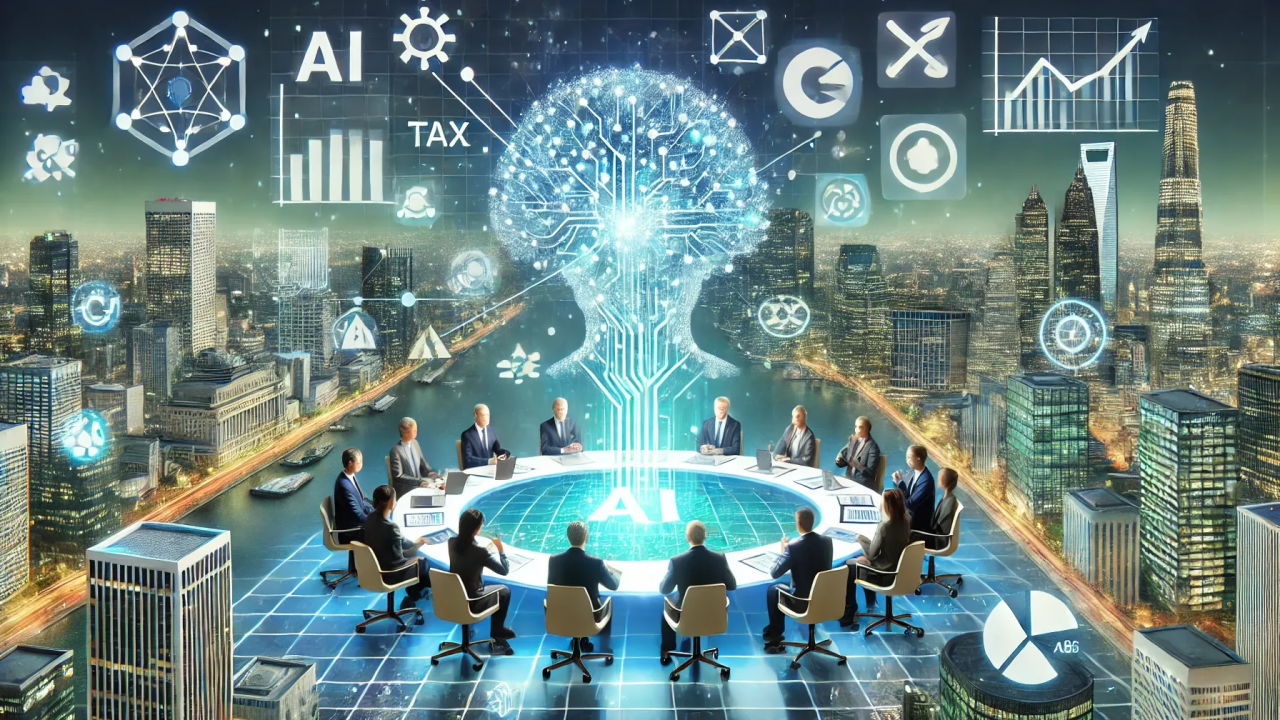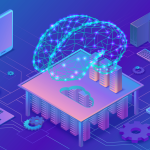Introduction
In an era defined by information and technology, artificial intelligence has become a driving force behind global communication and political strategy. From automated news algorithms to AI-driven campaigns, digital tools now shape how citizens perceive reality and how leaders engage with the public.
The blending of AI, politics, and global media has transformed democracy into a digital battlefield. Governments and corporations are using data analytics to predict behavior, while misinformation spreads faster than ever. The implications of this evolution are profound, challenging the foundations of truth, transparency, and trust.
AI and the New Face of Political Strategy
Artificial intelligence has redefined how political campaigns are conducted. Data modeling, sentiment analysis, and AI-driven advertising have replaced traditional outreach methods, allowing parties to tailor their messages directly to individual voters. This precision targeting has made elections more efficient—but also more manipulative.
In global politics, AI tools are being used to monitor public sentiment and anticipate social unrest. Governments analyze digital footprints to understand voter behavior, often blurring the line between governance and surveillance. As a result, political influence now extends beyond policy—it lives in algorithms and predictive analytics.
Celebrities and AI Advocacy in the Public Eye
Celebrities are increasingly lending their voices to discussions around artificial intelligence and its ethical implications. Figures from Hollywood and the tech world are calling for greater transparency and responsibility in AI use. This growing advocacy bridges the gap between pop culture and digital ethics.
When influencers raise awareness about AI’s social effects, they reach audiences that traditional policymakers often overlook. Their involvement transforms AI from a technical subject into a global conversation, making it part of everyday culture and conscience.
Global Media and the AI Information Revolution
The media landscape has been reshaped by artificial intelligence in both positive and problematic ways. Automated content generation and algorithmic curation have made news faster, more personalized, and more accessible than ever before. Yet, this same technology also enables the spread of misinformation on a massive scale.
Global media outlets now face the dual challenge of harnessing AI for efficiency while combating its potential to distort facts. The responsibility to maintain accuracy in the age of automation has never been more critical to global stability.
Economic and Political Power in the AI Age
The race to develop advanced AI systems has become a geopolitical contest. Nations like the United States, China, and members of the European Union are competing not just for innovation, but for dominance in a technology that defines the next era of global power.
This rivalry influences trade agreements, defense strategies, and international relations. Economic priorities are increasingly intertwined with data sovereignty, as nations realize that whoever controls AI infrastructure will shape the world’s digital economy and its future governance.
Cultural Shifts and Public Perception
The rise of artificial intelligence has also changed how people perceive fame, credibility, and truth. Social media algorithms determine visibility, meaning influence is no longer based purely on merit but on engagement patterns optimized by machine learning.
This shift has blurred boundaries between fact and opinion, entertainment and information. The culture of instant consumption has created new challenges for educators, journalists, and policymakers who must now navigate a public sphere governed by AI logic.
The Ethical Debate and Human Oversight
Ethics remains the most pressing issue in AI’s integration into society. While automation enhances productivity and innovation, it also risks dehumanizing decision-making. Questions about bias, privacy, and accountability are central to every debate surrounding this technology.
Without strong human oversight, the potential misuse of AI in propaganda, surveillance, and discrimination becomes increasingly likely. International frameworks and ethical standards must evolve in tandem with innovation to ensure progress remains aligned with human values.
FAQs
How is AI changing political campaigns?
AI enables hyper-targeted voter engagement, allowing campaigns to deliver personalized messages based on data analytics and behavioral prediction.
Why are celebrities involved in AI ethics discussions?
Celebrities help bring public attention to AI’s societal impact, encouraging debate on transparency, bias, and responsible innovation.
What challenges does AI create for global media?
AI accelerates content production and personalization but also amplifies misinformation, threatening journalistic integrity and truth.
Which nations are leading the AI race?
The United States, China, and European Union countries are at the forefront of AI research and regulation, shaping the global power balance.
Why is AI ethics important for the future?
Ethical AI ensures technology serves humanity’s interests, preserving fairness, accountability, and privacy across all applications.
Conclusion
Artificial intelligence stands at the crossroads of technology, politics, and media, redefining how influence is built and maintained. As digital systems grow more powerful, their integration into governance and communication demands urgent oversight and ethical reflection.
The future of AI will depend not only on innovation but on global cooperation, cultural awareness, and moral responsibility. If guided wisely, it could usher in a new era of transparency and empowerment. If neglected, it may deepen divisions and distort democracy itself.








